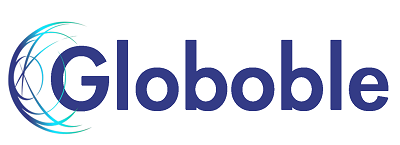The world of healthcare can be challenging to navigate. One area that holds significant implications yet remains overlooked is medical insurance verification. This procedure plays a pivotal role in managing medical services, impacting both the providers and patients. In this article, we will explore why accurate insurance verification matters in healthcare and its effects on the various stakeholders involved.
Decoding Medical Insurance Verification
Medical insurance verification is a process that confirms a patient’s insurance coverage and eligibility for medical procedures. It helps ensure the provider gets paid for their services while patients avoid unexpected medical costs. Accurate insurance verification is the first step in this process, bolstering case management, revenue cycle management, and overall patient experiences.
The Significance of Accurate Insurance Verification
Understanding the substantial role that accurate insurance verification plays in healthcare is crucial. Here are a few reasons why it matters:
The Power to Prevent Denied Claims
Medical service providers run the risk of claim denials if insurance verification doesn’t occur accurately. By confirming insurance details before providing services, providers can avoid claim rejections.
Facilitating Optimal Care Delivery
Through accurate insurance verification, healthcare providers can determine services covered by a patient’s plan. This clarity enables providers to establish treatment plans that align with insurance coverage, facilitating optimal care delivery.
Enhancing Patient Experience
Confirming insurance details prevents any surprises about their medical bills. This transparency can help improve patient satisfaction, retain existing patients, and attract new ones.
Implementing Accurate Insurance Verification
Incorporating a streamlined medical insurance verification process can reduce administrative overheads and payment delays. Manual insurance verification can be tedious, so healthcare facilities often utilize automated solutions to make the process more efficient.
Software solutions can swiftly verify patient eligibility, minimize claim denials, and ensure timely reimbursement. This technological intervention not only makes the process efficient but also mitigates errors that could potentially damage the provider’s reputation or revenue cycle. To understand more about insurance verification and eligibility, you can read this blog so that you can get all your basics cleared about the procedure and its impact on healthcare today.
Conclusion
Accurate insurance verification is not optional; it’s a necessity in the healthcare sector. By implementing an efficient and automated insurance verification system, healthcare providers can provide high-quality care, improve patient satisfaction, and maintain a healthy revenue cycle. Thus, there is no doubt that the role of insurance verification will continue to grow in the future. Expanding the understanding of its importance can shape the way we navigate and improve the healthcare system in years to come.










